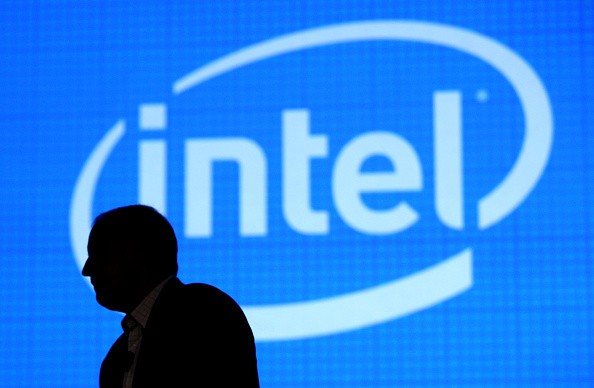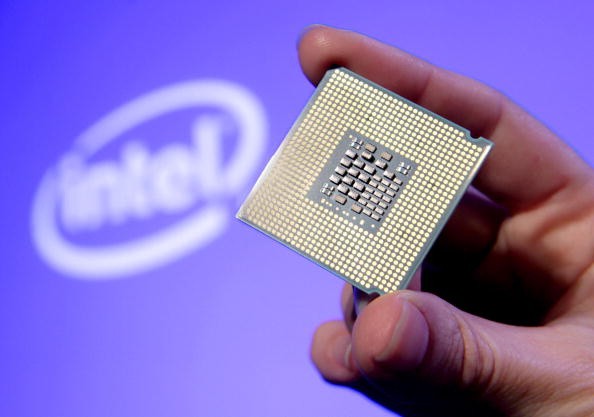Intel has dodged a bullet after a Waco, Texas, federal judge has deemed that it did not copy or violated any patents from VLSI Technology regarding its "Speed Shift" innovation, early today, Apr. 21. The lawsuit dates back to 2019, and both companies have hashed it out in court for a long time now, with different judges deeming the various outcomes of the case.

The Santa Clara chipmaking giant has been under heavy fire for the last year, especially after Apple has jumped from using its Core processor in favor of its ARM-based Silicon, the M1. After this, it has been a downhill journey for Intel, especially as it aimed to offer its services to Apple to manufacture its M1, which the company has denied.
While this jump was unprecedented, it has been hard for Intel to get back on the market as it has still faced rivals with the likes of AMD and Nvidia for other computer components available in the market. Intel has been the focus of many controversies, with VLSI pursuing claims against the company since two years ago, only having its conclusion at this moment.
Intel Wins Patent Lawsuit vs. VLSI

According to Reuters, the patent lawsuit was worth a whopping $3.1 billion, and it was a success for Intel to defend itself in court and avoid having to pay for damages of this amount. The main concern of the case was a patent infringement suit that Intel allegedly violated against VLSI Technology, having another one earlier this year.
While Intel dodged the lawsuit which was more expensive by a billion dollars, and it talked about copying a technology called "Speed Shift." The so-called "Speed Shift" is known to be a method that uses less energy and making the process of it more efficient with its performance and output for the technology it powers and supplies.
The other case has transpired over the last month, which amounted to $2.1 billion, also against VLSI Technology, which was lost by Intel and has been subjected to pay the sum to settle the damages. However, this was distributed to two other companies including the NXP Semiconductors which came from the Netherlands.
Intel Stocks Rise
Market Watch has recently reported that amidst this crisis Intel was on, the company's stocks grew as much as 0.3 percent after hours, which was a positive thing for the Santa Clara chipmaker after this crisis. Company shares have been listed at $63.70 after a 1.6 percent additional gain as it closed the market earlier.
After Intel winning the patent case against VLSI, the company is set to go back to the same court that announced it lost, to appeal their case on the $2.1 billion damages settlement with VLSI. The company aims to have the verdict withdrawn, and is ready to defend against the claims.
Related Article: Microsoft Surface Laptop 4 Confirmed; Comes with Intel, AMD Option
This article is owned by Tech Times
Written by Isaiah A.
ⓒ 2026 TECHTIMES.com All rights reserved. Do not reproduce without permission.




